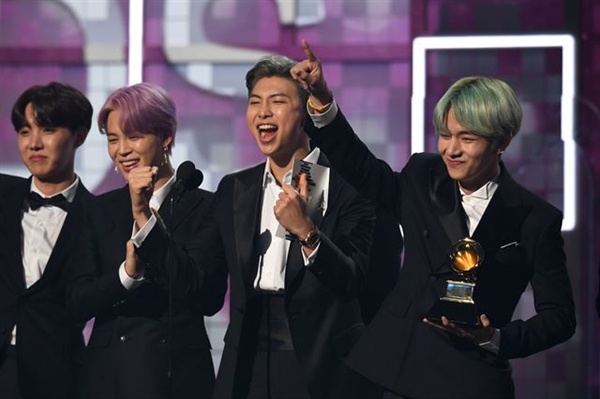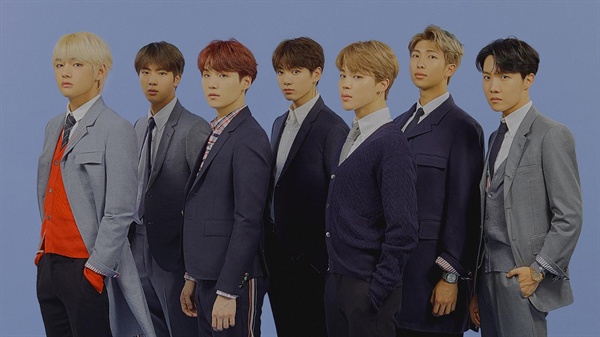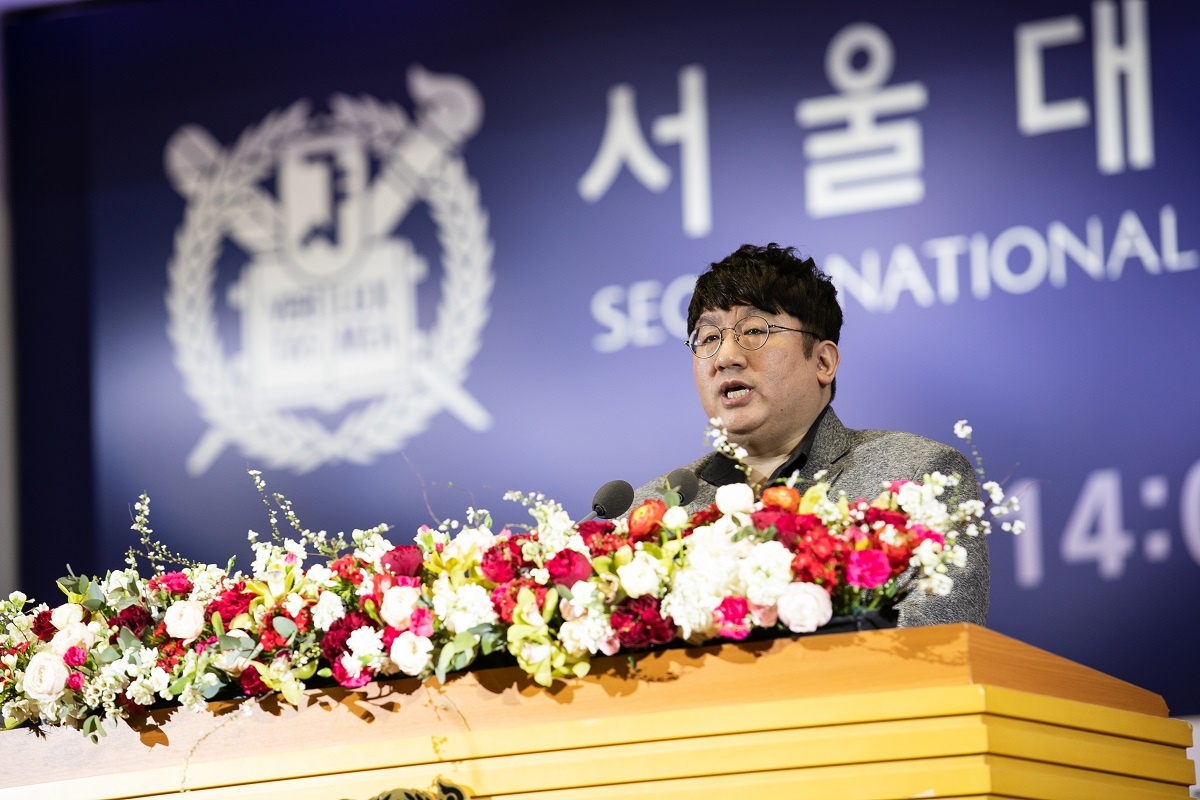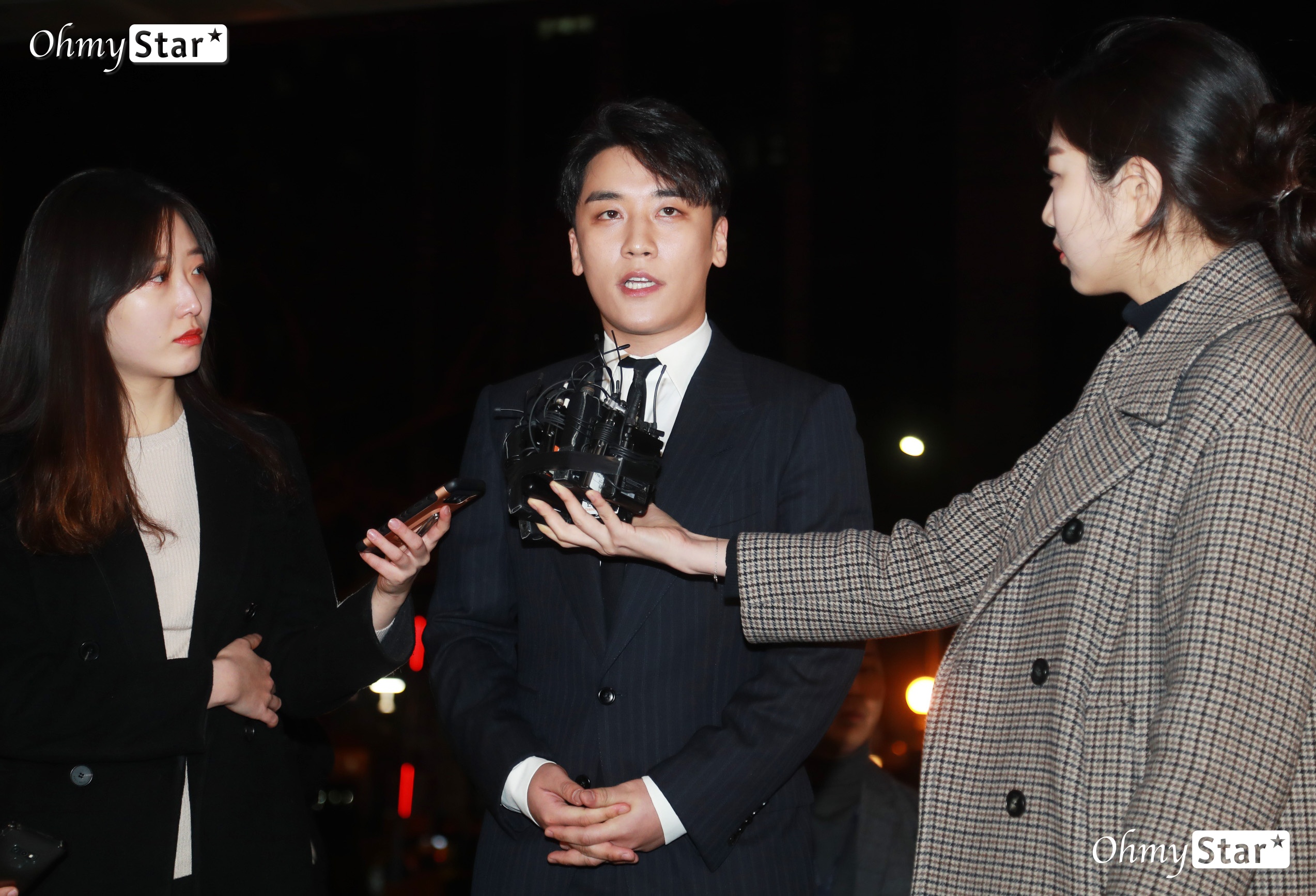



'The Beatles of the YouTube era' is an incredible tribute, as the representative of the room, who is from the aesthetic department of Seoul National University and gave a congratulatory speech for his juniors. In addition, the economic effect created by BTS was 5.6 trillion won a year, according to the economic effect of BTS (BTS) released by Hyundai Economic Research Institute in December last year. The analysis abroad is also well received. For example, the US weekly magazine Time selected BTS as the "25 Most Influential People on the Internet" last year. Also, according to the New York City Turning Point 2019, which is published annually by News1 in January with New York City (NYT), the French daily Le Figaro compared BTS to The Beatles, saying in an article introducing BTS' European Tour Paris performance in October 2018 that "nothing will stop BTS's winning streak."
"Time," which named BTS as the next generation leader, also analyzed on October 22 last year that "BTS has become the most popular boy band in World, attracting enthusiasts with 'heartbeat' appearances such as Beatles, One Direction, songs hovering in your ears, New Kids on the Block, and dances such as Ensink." "Time" added, "BTS has created a new rule by singing the same elements as the existing idol group, but by putting their defects into the material of music or singing honest feelings that can sympathize with others." In addition, the members spread their musical messages to social media, attracting former World fans and actively communicating did not miss the fact. In fact, it is no exaggeration to say that this analysis is part of the ongoing success story, and some domestic fans, not overseas, may not be "believed". However, recent awards and remarks by BTS leader RM or Bang Si-Hyuk made a glimpse of their musical success and how their communication with their fans could be 'suffered'. What kind of posture is detected rather than the resultant review? The impression of RM worth noting and the congratulatory speech of Bang Si-Hyuk, president of Seoul National University
RM concluded, "We are in this glorious place, but I hope you will remember many staff members who help The Artists by this vacancy, and most of all, fans and consumers who love and consume this culture." The expression "cultural consumer" came to my ears, not simply "fans." It was an expression that emphasized the role of cultural content consumers to fans who enjoy their music and its derived contents, and also revealed their self-consciousness as a producer of popular art and popular culture contents. It was enough to feel as a pop culture producer as a BTS individual, with reason rather than emotion. The congratulatory address of Bang Si-Hyuk, who has recently become a hot topic, was also filled with content that fully detected such rational gaze. "I have always been angry and have been fighting these problems and I am still in progress," said Bang, who emphasized the opportunity to enter Seoul National University's aesthetic department, the positive power of complaints and anger that has supported himself so far, and the definition of personal happiness. It was a battle with irrationality and unfair practices and customs surrounding the domestic music industry as a whole. "I've been working in the music industry since I started as a composer, and my colleagues and juniors who have entered this business because of their good music are still frustrated and hard to realize. The bad habits of the music industry, unfair trade practices, and social undervaluation. As a result, industry workers are ashamed to say that they work in the music industry. Many young people still recognize music companies as places that give less rewards while doing a lot of work. "It was not a problem for The Artists. It was not just an appeal to their treatment. Bang confessed that he was angry and fought for K-POP content, whether it was when fans who loved and consumed it were demeaned as "passooni", unfounded accusations poured into The Artists, unfair distribution of content or undervaluation (including profits). I am not a "revolutionary" but I just fight for my common sense to be realized. So his happiness was also eye-catching. This personal and industrial happiness will be the future prospect of BTS. “What our company does has a good impact on society, especially on our young friends, who are our customers, forming their own World view.”
Coincidentally, on the 26th of last month, when BTS left the above award testimony and the representative of the room gave a congratulatory speech to his juniors, it was also the day when the suspicion of sexual favors of Big Bang victory was reported. In the end, due to the "burning sun" incident that made Korean society buzz for about three months, Seungri had to attend the police on the 27th of last month and be investigated for more than 8 hours. Once again, Mr. Bang's advice, "You should not think that it is happiness to achieve a destructive and negative Blow-Up that does not improve your life," was a senior who has been in the industry for 21 years and has had to sound like a message to junior The Artists and "Selubs".
Maybe this reflection of the representative of the room is not only the success of the BTS but also the 'key word' that explains the points where BTS is differentiated from other idols. Sometimes such coherent things are true.
"Negative Blow-Up Is Not Happiness": Implications of Bang Si-Hyuk Happiness Theory